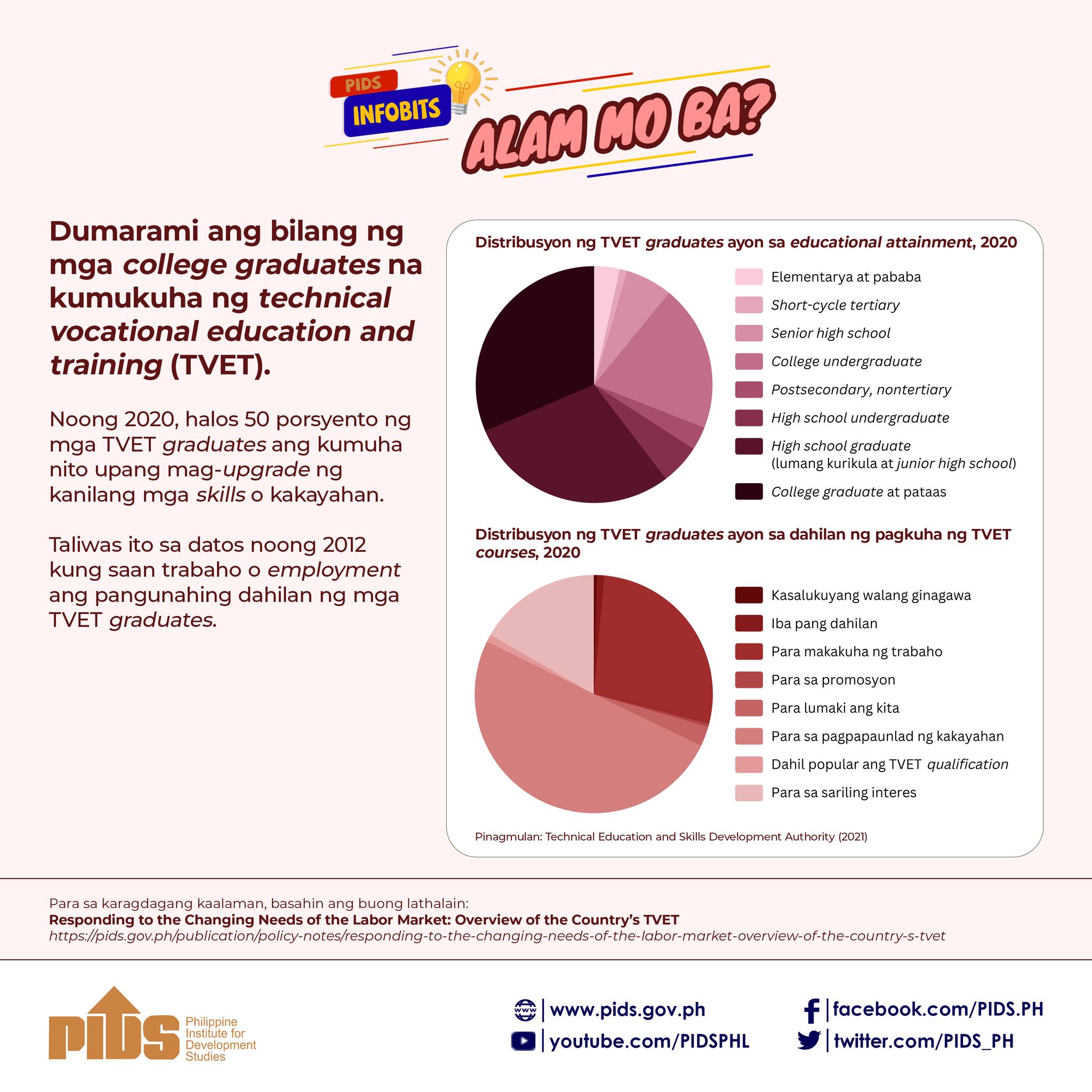The Foundation for Economic Freedom (FEF) virtually held the second part of the 4th Paderanga-Varela Memorial Lecture (PVML) with the theme, “Jobs, Jobs, Jobs: Policy Reforms and Actions for the Post-Pandemic Period” on February 10, 2021.
For this day, the topic centered on post-pandemic labor reform proposals in the face of rapid changes brought by the Fourth Industrial Revolution (FIRe).
Philippine Institute of Development Studies (PIDS) Distinguished Visiting Fellow Dr. Vicente Paqueo showed past and recent Philippine economic data, emphasizing pandemic-brought unemployment reaching 27.3 million (45.5%) in July 2020.
From top: Dr. Vicente Paqueo, Dr. Anicento Orbeta, and Gary Olivar presenting FEF’s post-pandemic labor reform proposals via Zoom.
He mentioned the presence of certain restrictive laws that cause Philippine labor markets to encounter high labor costs, inflexibility, and inefficiency — which, in turn, cause the country’s labor productivity to lag behind its Southeast Asian neighbors.
To put things into a wider perspective, Paqueo explained how addressing these challenging trends are vital to prepare Filipino workers for the arrival of the FIRe.
He proposed to systematically review and revise labor laws to ensure the economic security of Filipino workers against the incoming labor disruption.
PIDS Senior Research Fellow Dr. Aniceto Orbeta Jr. and FEF Fellow Gary Olivar also presented FEF’s labor reform proposals. These include reforming Apprenticeship and JobStart laws, strengthening the country’s unemployment insurance and pension system, and establishing special employment zones.
From top-to-bottom; left-to-right: Discussants Rep. Stella Quimbo, Asec. Dominique Rubia-Tutay, Antonio Sayo, and Clarke Nebrao sharing their insights on the proposed labor reform proposals via Zoom.
Rep. Stella Quimbo pointed out the problems of the country’s labor laws, saying that “it provides insufficient flexibility and employment decisions”.
On the other hand, existing programs that are supposed to provide safety nets are “fragmented, non-inclusive, and limited.”
She introduced HB 7028 or the National Unemployment Insurance Program, which seeks to efficiently provide protection (e.g. financial and counseling services) from nation-wide economic crises, such as the current pandemic, and to support affected workers when searching for jobs.
She also called for the passage of the economic stimulus Bayanihan 3 to boost consumer spending, and support workers, MSMEs, and farmers.
Assistant Secretary Dominique Rubia-Tutay of the Department of Labor and Employment (DOLE), discussed the recently established joint task force between DOLE, the Department of Trade and Industry, and the Technical Education and Skills Development Authority, called National Employment Recovery Strategy to push for decent and sustainable employment and entrepreneurship in the face of the ‘new normal’ and the FIRe.
Antonio Sayo from the Employers Confederation of the Philippines zeroed in on the industry sector’s initiatives and responses to employment challenges brought by the FIRe, which involve upskilling and reskilling employees, and convincing enterprises to provide workplace education and training to match the standards and workplace competencies.
Lastly, the Association of Laguna Food Processors, Inc. Chairman and President Clarke Nebrao proposed legalizing equitable measures for the next two to three years, such as supporting employee tenure, providing long-term and target-based incentives, facilitating rotational work schedules, and championing employee work-life balance.
PVML is in honor of two late co-founders of FEF – former Socioeconomic Planning Secretary Cayetano Paderanga Jr. and former Department of Education Undersecretary Francisco Varela.
FEF pushes post-pandemic labor reforms to prepare for FIRe on 4th PVML Day 2











